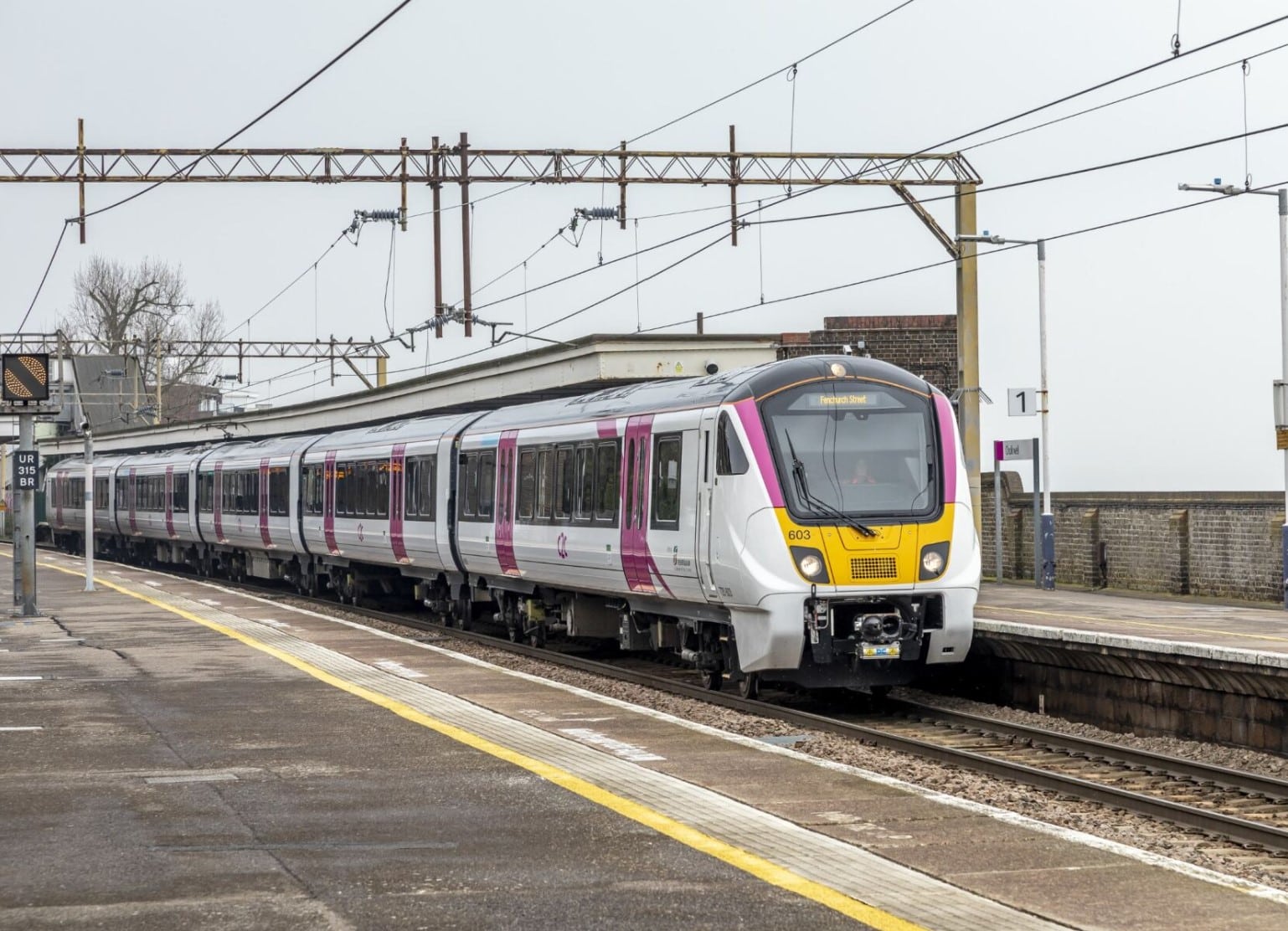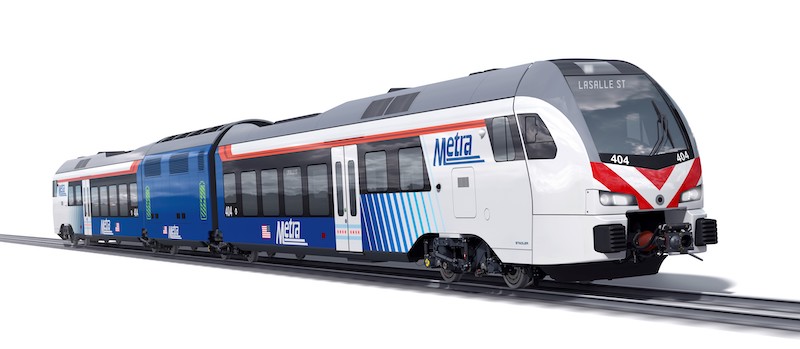c2c‘s near-term (2030) and net-zero science-based targets (2050), outlined in the company’s Decarbonisation Strategy, have been validated by the Science Based Targets initiative (SBTi), the global body responsible for enabling businesses to set ambitious emissions reduction targets in line with the latest climate science.
The SBTi, which is focused on accelerating companies across the world to half their emissions before 2030, and achieve net-zero emissions before 2050, is a collaboration between the United Nations Global Compact (CDP), World Resources Institute (WRI) and the World Wide Fund for Nature (WWF) and is one of the We Mean Business Coalition commitments.
The SBTi also defines and promotes best practice in science-based target setting, offers resources and guidance to reduce barriers to adoption, and independently assesses and approves companies’ targets.
Commenting on c2c’s sustainability targets, Managing Director, Rob Mullen, said: “c2c remains fully focused on reducing harmful emissions, while providing a sustainable and successful railway for our customers, colleagues and communities.
“Our ambitious near and long-term science-based targets, recently validated by the SBTi, clearly demonstrate our commitment to reaching net-zero Greenhouse Gases (GHG) emissions right across the business by 2050.”
c2c’s validated targets
Overall Net-Zero Target
c2c has committed to reaching net-zero Greenhouse Gases (GHG) emissions across the value chain by FY2050.
Near-Term Targets
c2c has committed to reducing absolute scope 1 and 2 GHG emissions 42% by FY2030 from a FY2022 base year. We have also committed to reducing scope 3 GHG emissions 51.6% per passenger kilometre within the same timeframe.
Long-Term Targets
c2c commits to reducing absolute scope 1 and 2 GHG emissions 90% by FY2050 from a FY2022 base year, while also committing to reduce scope 3 GHG emissions 97% per passenger kilometre within the same timeframe.

